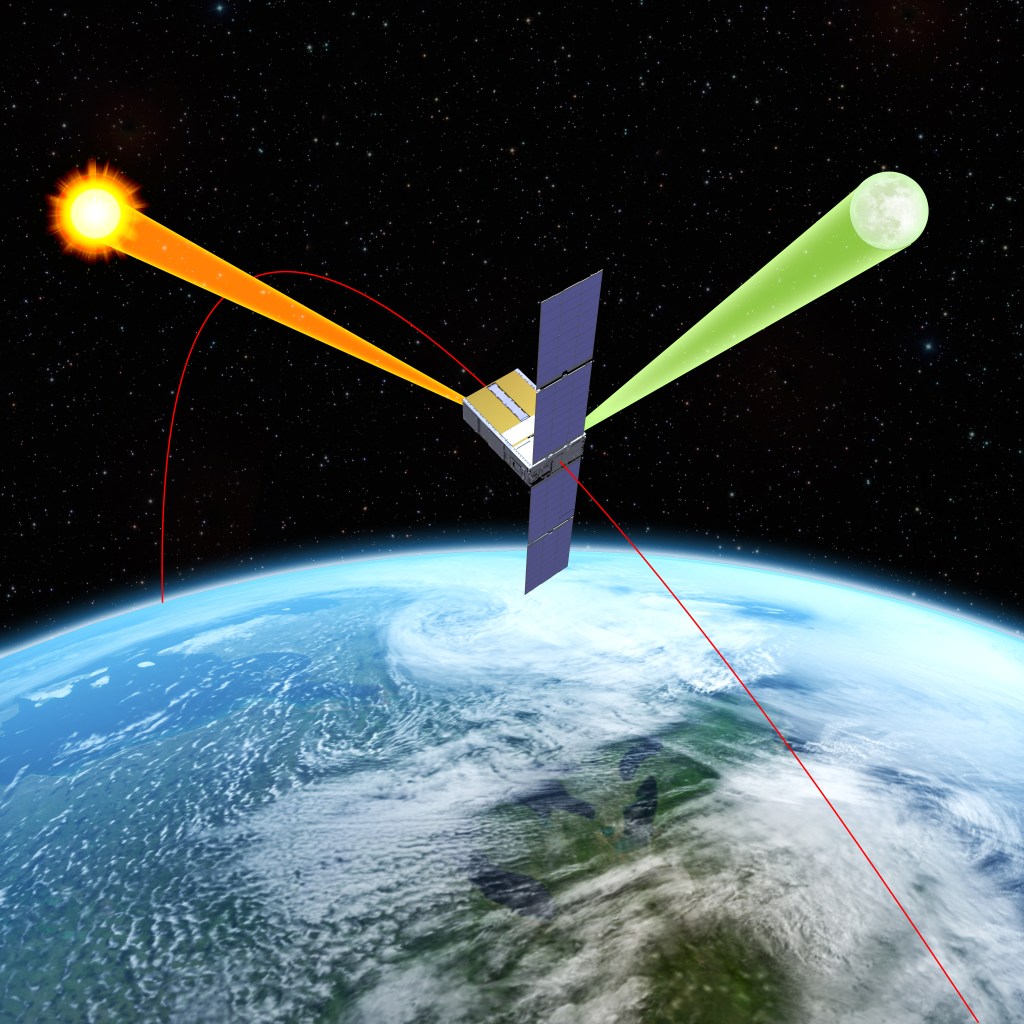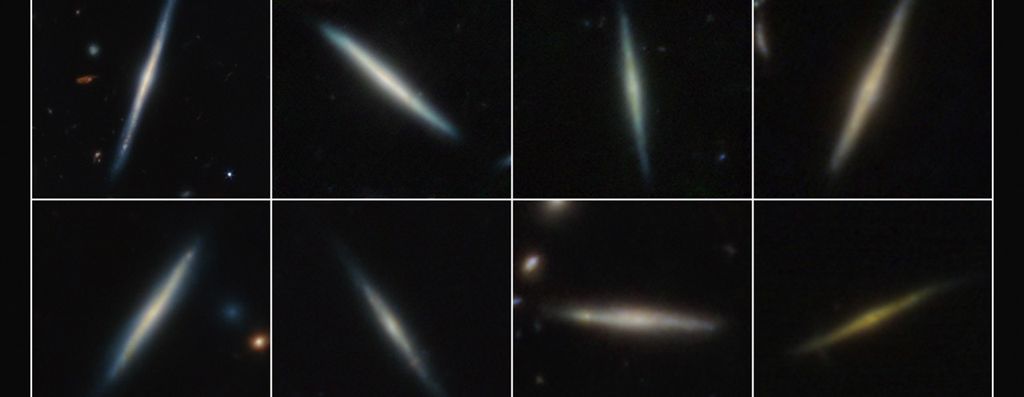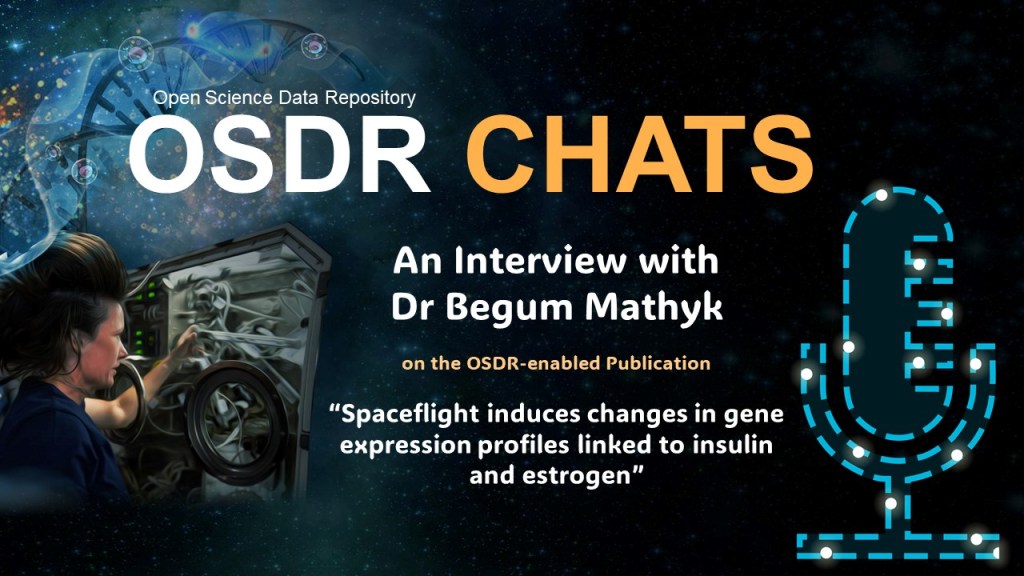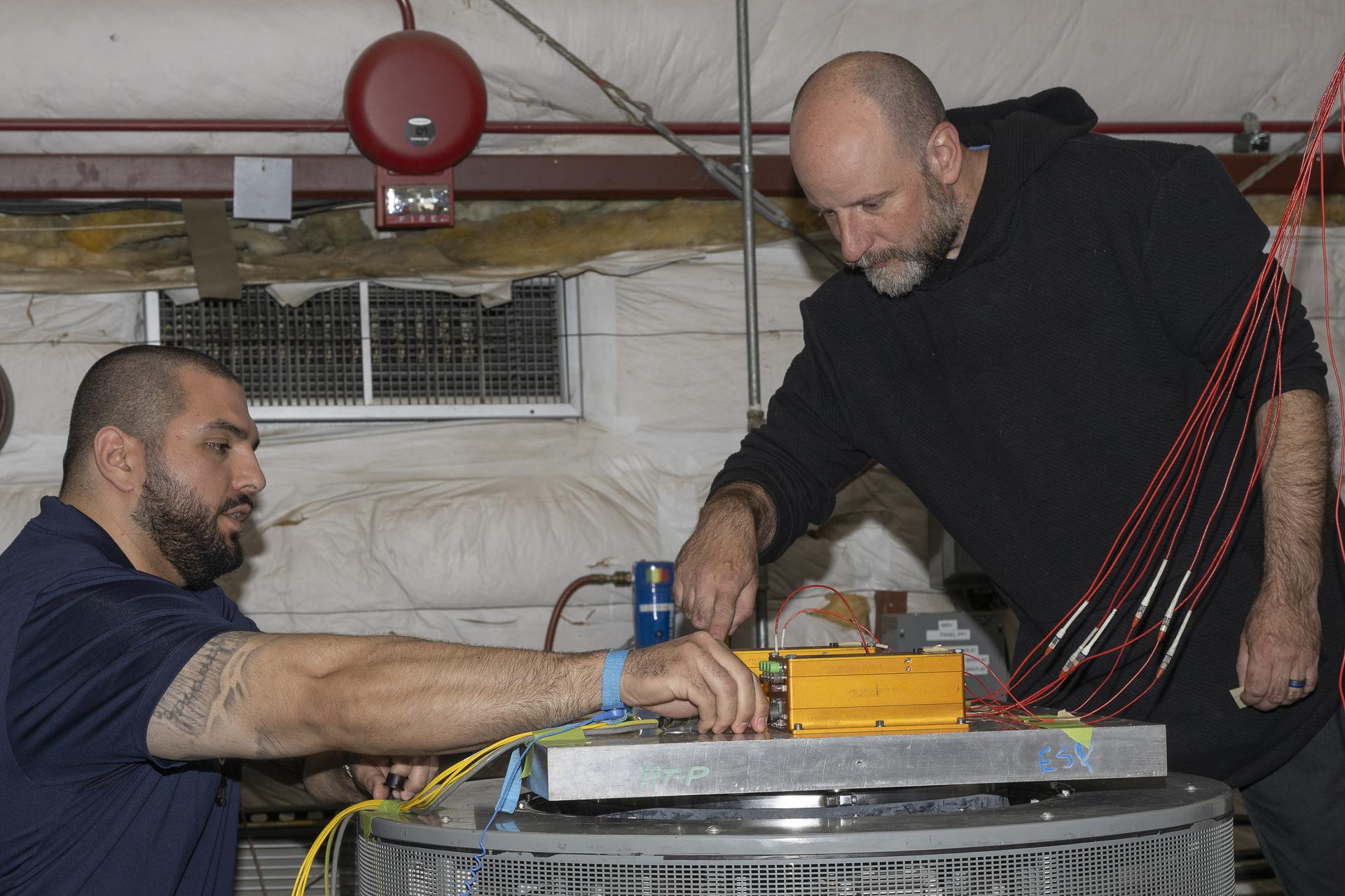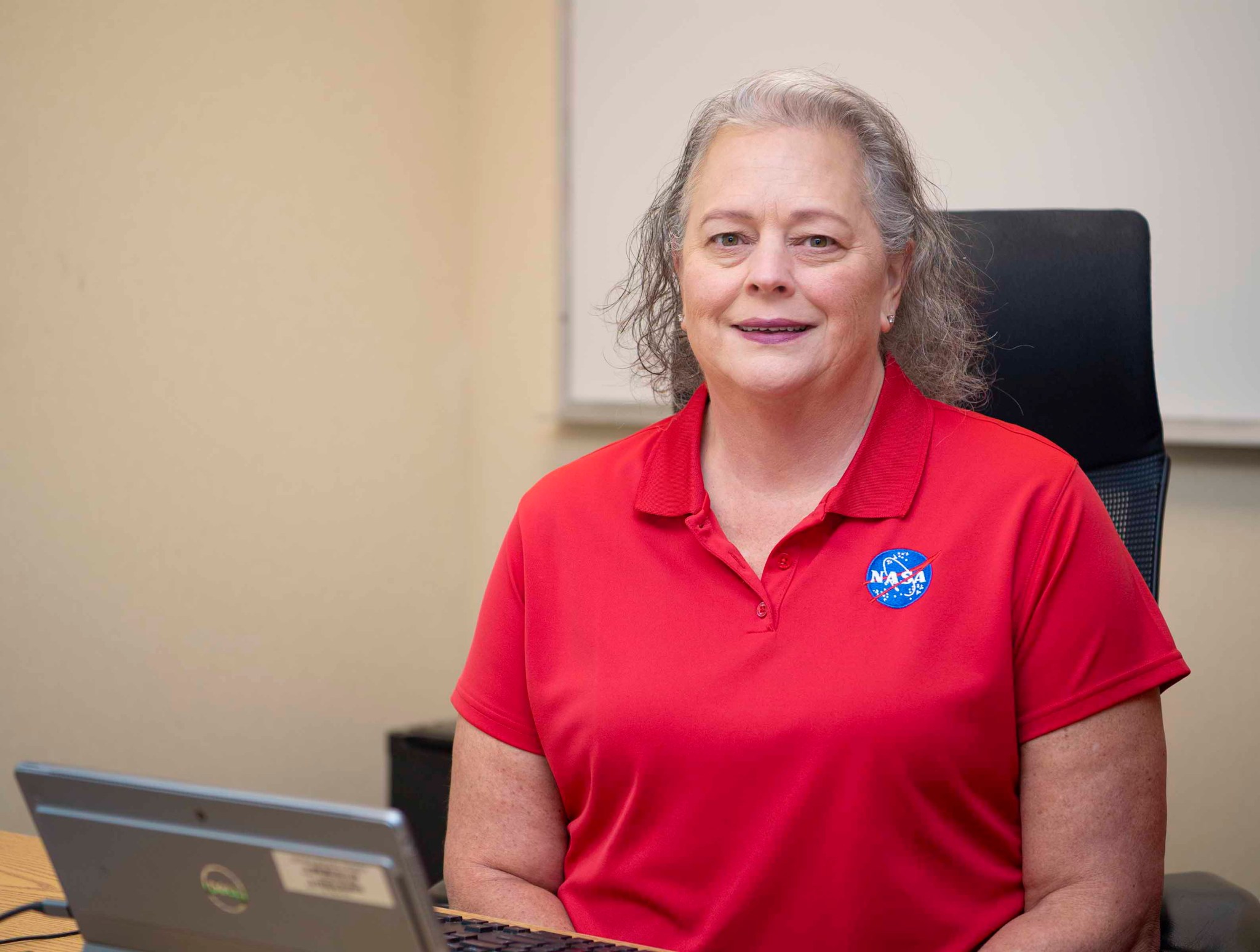
Rae Anderson never set out to have a career with NASA, but the pursuit of opportunities around her interest in computer science led the Union City, Tennessee native to the agency that explores the secrets of the universe for the benefit of all.
In turn, Anderson’s desire to expand her knowledge helped her become the first employee at NASA’s Stennis Space Center – and one of five civil servants across NASA – to earn the highest distinction in the Safety and Mission Assurance Technical Excellence Program in the discipline of Software Assurance.
“I want to be good at my job, so early in my career, I set a goal of reaching this certification,” Anderson said.
The program’s level four certification demonstrates Anderson’s dedication to growing her knowledge and skills to become an effective contributor to the agency’s mission. As the subject matter expert for software assurance, Anderson serves as a technical lead for a team in the NASA Stennis Safety and Mission Assurance Directorate that supports the center’s work with propulsion testing and autonomous systems.
Along the way, I have been a part of a team at NASA Stennis that has good people who are going to do what they need to do to accomplish goals, whatever it takes to accomplish it and to do it safely.
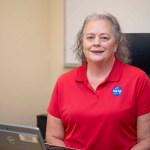
rae anderson
NASA Stennis SME for Software Assurance
Whether it is propulsion testing for NASA’s Artemis mission or autonomous systems work on pace for the first-ever in-flight autonomous systems mission, the work at NASA Stennis relies on software to carry out complex tasks. Anderson’s team reviews software management plans to ensure all requirements are met to conduct the work safely. She helps lead the effort to determine possible hazards and, if any are present, to put controls and mitigations in place to lessen the risk.
“It’s important to ensure any potential issues are mitigated,” Anderson said. “It is not a guarantee, but it gives a better feeling that all have done what they are supposed to do as far as following the process and that the software is technically sound to move forward. With software, there’s always going to be bugs because there is so much of it. We are there as the checks and balances of engineering as a project moves forward.”
Before moving forward and earning a computer science degree from the University of Tennessee-Martin, Anderson grew up 20 minutes from the Tennessee-Kentucky border, which meant she did not live near a NASA center. When she thought about NASA and space, astronauts and the solar system came to mind.
Since Anderson’s career in software brought her to live in Slidell, Louisiana, and ultimately begin work at NASA Stennis 16 years ago, Anderson has discovered that NASA is much more. She has found NASA to be a place that combines her knowledge of software with a diverse and highly skilled workforce, coming together for the benefit of humanity.
“Along the way, I have been a part of a team at NASA Stennis that has good people who are going to do what they need to do to accomplish goals, whatever it takes to accomplish it and to do it safely,” Anderson said.
For information about NASA’s Stennis Space Center, visit:









